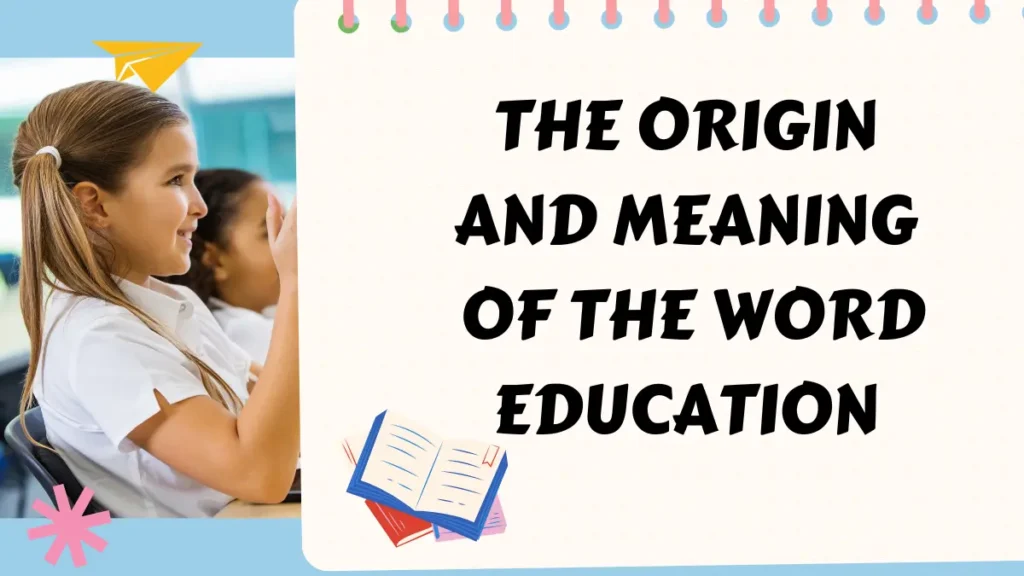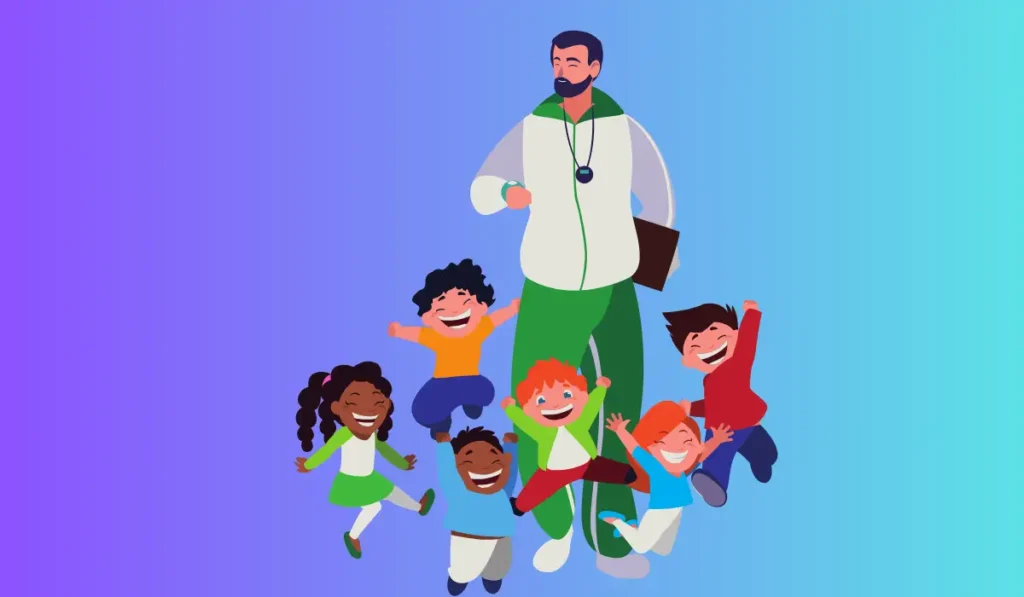Formal education refers to traditional classroom-based learning, informal education is gained through life experiences, and non-formal education is structured but not part of the formal system. Education is a vital aspect of our lives and helps us gain knowledge and skills.
It is broadly of three types: formal, informal, and non-formal education. Formal education is structured and standardized and is typically provided in classrooms from primary to higher education levels.
Informal education is a type of learning that takes place outside the classroom and is gained through experiences, such as learning a new language or skill.
Non-formal education is structured, but it is not part of the formal system and takes place outside of traditional classrooms. This type of education can cover a wide range of activities from vocational skills training to adult literacy programs.
Educators Should Consider Formal, Informal, And Non-Formal Education for Holistic Learning
Efficient learning requires an approach that integrates formal, informal, and non-formal education. Educators should recognize that one type of education cannot meet the learners’ needs entirely.
The benefits of incorporating these approaches include a holistic education, better student engagement, and practical application of what is taught.
Formal education, for instance, provides a structured environment and certification but lacks the practical and real-world experience that informal and non-formal education provides.
On the other hand, non-formal and informal learning have the flexibility to tailor to an individual’s interests and pace of learning.
Harnessed together, they create a well-rounded education experience. Looking at examples of successfully incorporating all three models provides useful lessons for educators seeking to maximize the benefits of combining all three.
Formal, Informal, And Non-Formal Education: Definitions and Differences

Formal, informal, and non-formal education are all essential components of learning. Formal education is a structured system of learning that occurs in a classroom or similar setting. Its goal is to provide students with a foundation in academic subjects, such as mathematics, science, and language arts.
Informal education, on the other hand, happens outside of the traditional classroom and is often reflective of personal interests and experiences. It encompasses a range of activities, including reading, travelling, and socializing.
Non-formal education is a hybrid of both formal and informal education that promotes lifelong learning.
It takes place outside of the traditional classroom setting and often involves vocational or remedial training. Understanding the differences between these three forms of education can help individuals make informed decisions about their own learning goals and experiences.
How To Successfully Incorporate Formal, Informal, And Non-Formal Education Approaches in Learning
Education is an essential aspect of society, and we understand that people learn in different ways.
Formal education is structured and regulated by a sequential curriculum, while informal education occurs naturally, through experience and interaction.
Non-formal education falls somewhere in between, offering more flexibility and less structure.
Strategies for combining these approaches into a single curriculum can be beneficial. It is essential to create an inclusive educational environment that fosters curiosity, active learning, and engagement.
Formal, informal, and non-formal education should work together to provide individuals with a holistic learning experience.
Effective curricular integration involves building connections between educational experiences across differences, as it creates a more meaningful learning experience.
Implementing best practices for integrating formal, informal, and non-formal educational approaches ensures a well-rounded educational experience that encompasses diverse learning needs.
Addressing Challenges in Incorporating Formal, Informal, And Non-Formal Education Approaches
Combining formal, informal, and non-formal education approaches poses some challenges. One of the most significant is the lack of teacher training and professional development. Educators need to learn how to integrate these different approaches into their curriculum effectively.
Another obstacle is the fragmentation of education sectors, which can hinder the seamless flow between the three types of education.
Addressing these challenges will require a coordinated effort between policymakers and educators to ensure that students receive a comprehensive education that prepares them for the future.
By doing so, we can create a more holistic and diverse learning experience that meets the unique needs of each student, regardless of their backgrounds or learning styles.
Frequently Asked Questions

What Is Formal Education?
Formal education refers to structured learning that takes place in a school or educational institution.
What Is Informal Education?
Informal education refers to learning that takes place outside of a formal classroom setting.
What Is Non-Formal Education?
Non-formal education refers to any learning that takes place outside of the formal education system, such as personal interests and hobbies.
Conclusion
Overall, the education system focuses on providing education in three distinct ways: formal, informal, and non-formal education. Each of these methods is equally important as they cater to different segments of society. Formal education is the traditional way of schooling with a structured curriculum and exams.
Informal education is a more relaxed, self-directed way of learning, which happens through life experiences. Non-formal education is the combination of formal and informal learning, with an emphasis on practical learning. Regardless of the type of education, the ultimate goal remains the same: to impart knowledge and skills for personal and societal growth.
Also Read:
- How to Choose a Study Programme That Aligns With Your Career Goals?
- How to Start a Profitable Small Batch Maple Syrup Business
- Email Management 101: Skills Every Student Should Master Before Graduating
- Top 5 MDM Solutions for Schools in 2025
- How Influencers Can Maximize Engagement with Video Captions on Social Media


